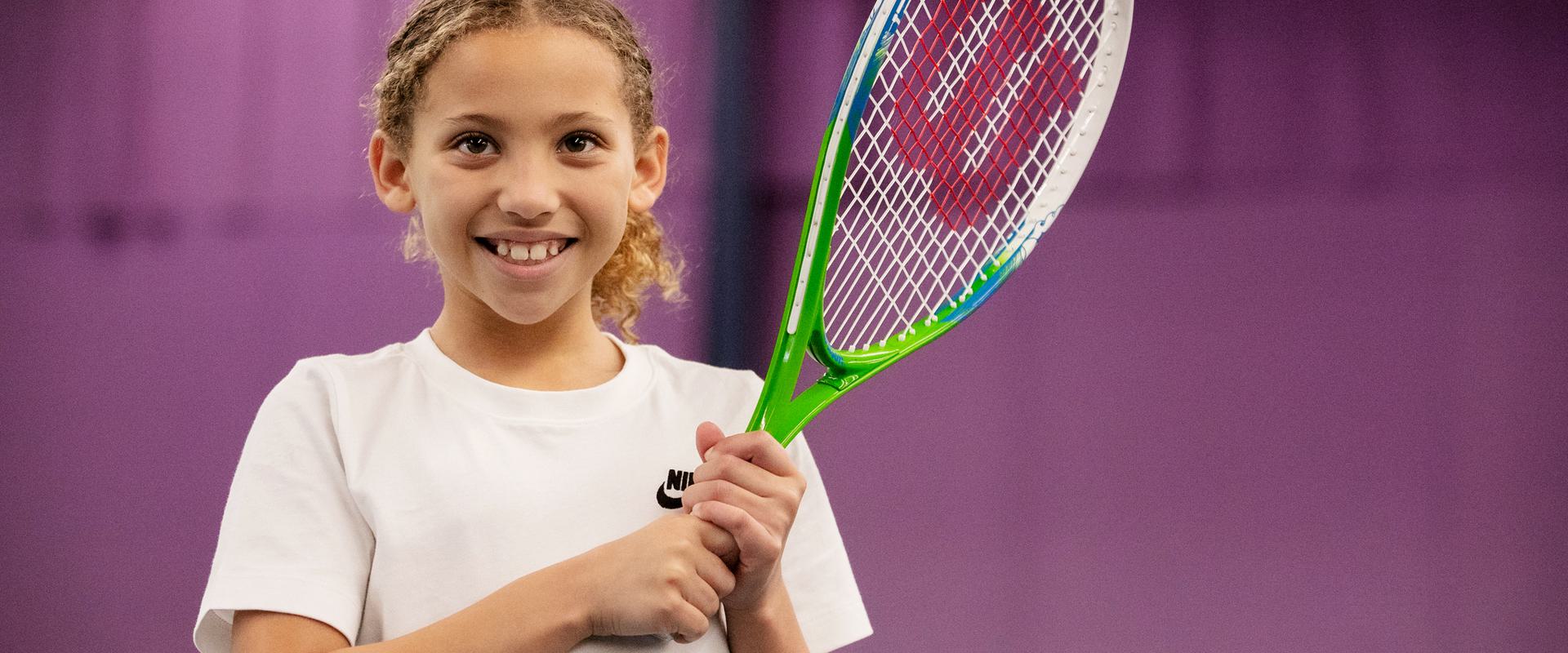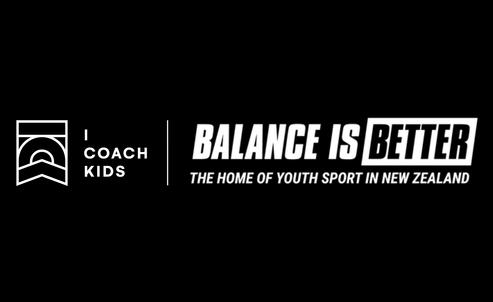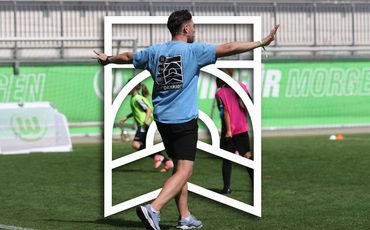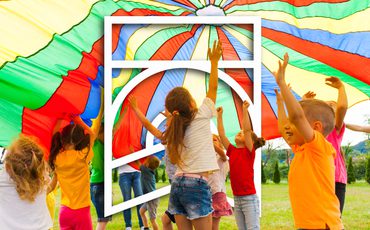
Are we forgetting why young people play sport?

Balance is Better
This article first appeared on Balance is Better, an evidence-based philosophy that underpins Sport New Zealand’s overall approach to youth sport. ICOACHKIDS are proud partners of Sport New Zealand since 2020.
Why do we play sport? To win, move our bodies, or simply to have fun? While as adults most of us partake in sport for the physical benefits or with a competitive goal, for children, their main motivation is simple – to play and have fun.
Evidence has also demonstrated adult behaviors affect young people’s enjoyment of sport – with a focus on winning and competition appearing to serve the needs of adults more than the needs of children.
We need to keep front and centre that New Zealand youth, as evidenced in national research, play sport to have fun, be with their friends, develop and learn new skills.
Although New Zealanders have many reasons for participating in sports and activities, for young people – as Sport NZ’s Active NZ survey tells us – the lead motivation is fun (76 percent) and for adults it is physical wellbeing (72 percent).
A focus on winning often comes at the expense of a young person’s enjoyment and continued participation. According to Sport NZ’s Voice of Participant research, participant dissatisfaction increases with a higher focus on winning and competitiveness. Once children stop enjoying a sport, they often drop out, to the detriment of their physical, mental and social wellbeing.
Andy Boyens, Former All White, professional footballer and current NZ Football Technical Director understands the importance of fun for young people in sport.
“Sometimes we can miss the purpose of them playing in the first place, which is to enjoy themselves, to have fun, to do something they love.”
Enjoyment doesn’t come at the expense of competitiveness and development,” he reminds.
“The focus should always be on enjoyment. Of course, kids want to get better. But ultimately it’s about creating an environment that they can get better in.
“A lot of the time that’s not focusing on the pressures of professional sport or winning every single game. It’s actually focusing on developing and getting better step-by-step over a longer-term process.”
Silver Ferns legend Temepara Bailey supports this too, and points out that success and winning can mean different things to different young people.
“One of the myths out there is winning is the be-all and end-all. I disagree. I think there’s part, especially in the higher teams, where winning is in the back of your mind and it’s part of the process. But at a younger age, winning can come in all different forms. I think we see winning as you win or lose a game. Winning for a child can be ‘oh, I caught the ball’ or ‘I managed to pass to someone’ or ‘I ran off really quickly’.
She reminds up that “Winning comes in different forms. As New Zealanders and passionate coaches and parents we want everything for our kids. But we get that definition of winning wrong sometimes.”
Boyens is a coach and a parent, and sees his role as creating an environment where young people can develop not only physically, but also as people. Success, he says, isn’t about the number of games you win.
“When you’re trying to measure success in young people, winning is quite an easy measurement to use. But the reality is, I can’t remember what I won when I was 12, 13, 14, or even older, but I remember the great coaches I had. I remember the people that I hung out with and I remember enjoying the journey. That is the stuff that helps create an ability to win in the future. If you put too much focus on winning, you can sometimes lose sight of the journey.
“Sport is such a great mechanism for young people to grow and develop, and I don’t mean grow and develop just in sport but in life,” he says.
“The more young people we have playing sport and bringing through to senior sport, it is going to actually have a massive effect on society. These young people will be happier, healthier, more mentally refreshed to be able to go on and be successful in life.”
For more on Balance is Better, visit https://balanceisbetter.org.nz...
Comments
Related Pages


